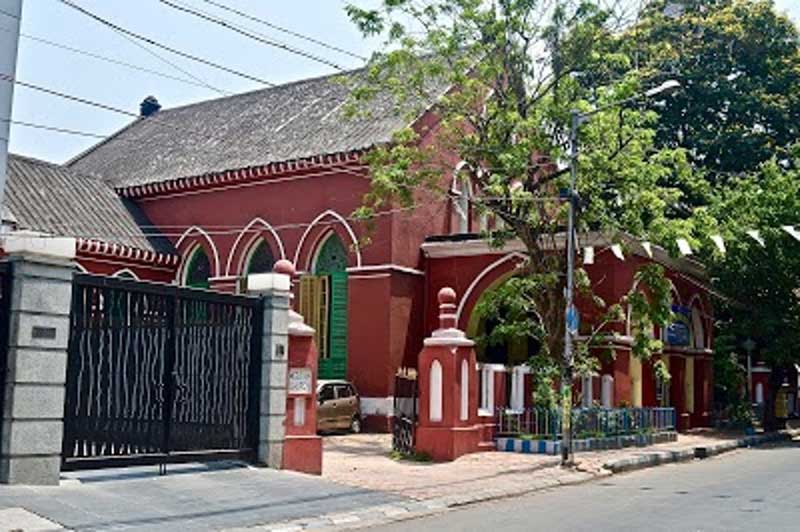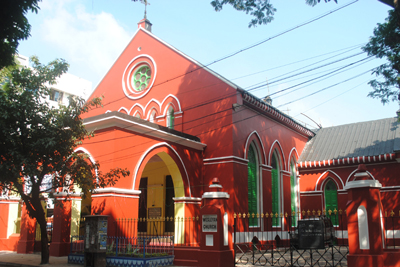
Rev. James Broodbent, a Wesleyan Methodist missionary and Chaplain at Fort William, had the intention to construct a new Chapel in Sudder Street. He strongly felt that, it is an absolute necessity to construct a new church in that locality for the use of the military personnel and the Christian civilians residing in Calcutta and Barrakpur. Since 1862, he tried his best, along with Mr HG Highfield, to raise necessary funds from abroad for the construction of the proposed building, but was not successful.
Nevertheless, he was determined to fulfill his vision and depending on a mortgage, started to construct a new building for his dream project. Finally, the building for the Wesleyan Methodist Church was completed in 1886. The church, later renamed as CNI Wesleyan Church, is located on 15 Sudder Street.
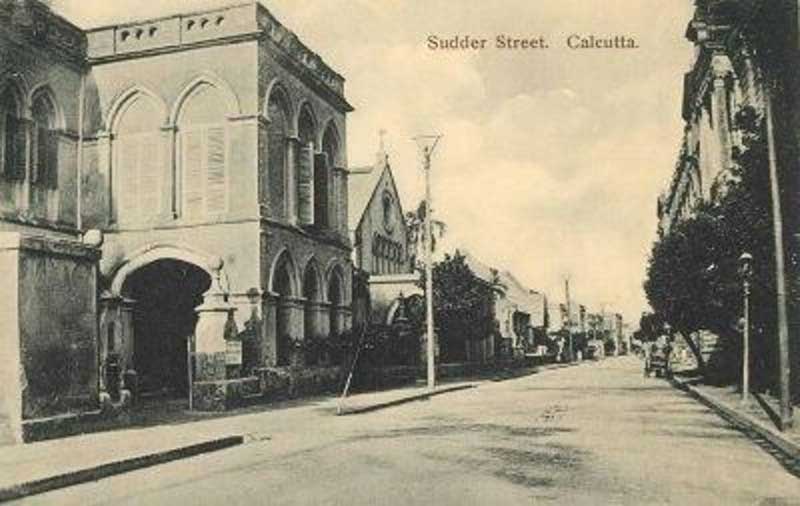
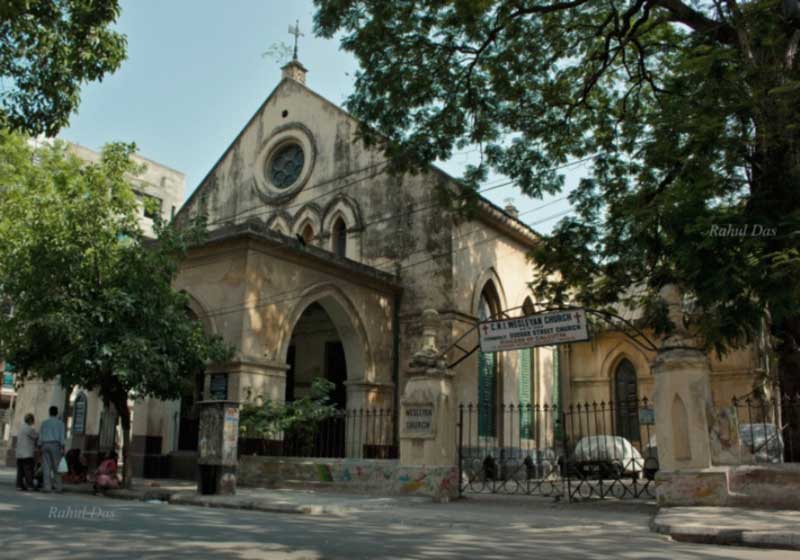
Initially the Wesleyan Methodist Church started with two services on Sundays. While the morning service was mainly attended by the civilians, the soldiers and officers from the Fort William used to join the evening services. Apart from the regular services, annual Fetes were organized by the Women’s Fellowship to raise funds for social services. A Sunday school was organized by the church, which used to celebrate the anniversary every year with enthusiastic attendance of the children and their parents.
During the days of the Great War, troops stationed in the Maidan area used to swarm the Church in great numbers and they were accommodated with a rest room and the Women’s Fellowship treated them with light refreshment, soft drinks and smiling cheers. The soldiers, in their turn, patronized the Church till the end of the war. A small marble plaque affixed on the right wall inside the Church still remains in the place, as a remembrance of the memory of the happy and the inspiring time of the soldiers and their gratitude towards the Church, during the war.
History was repeated again during the Indo-Pak War in 1971, when the Church actively participated to rehabilitate the helpless refugees from the erstwhile East Pakistan, now Bangladesh. On behalf of the church, the move was mainly initiated by Rev Kenyon E Wright, Rev John Claphan and Rev. John Hastings.
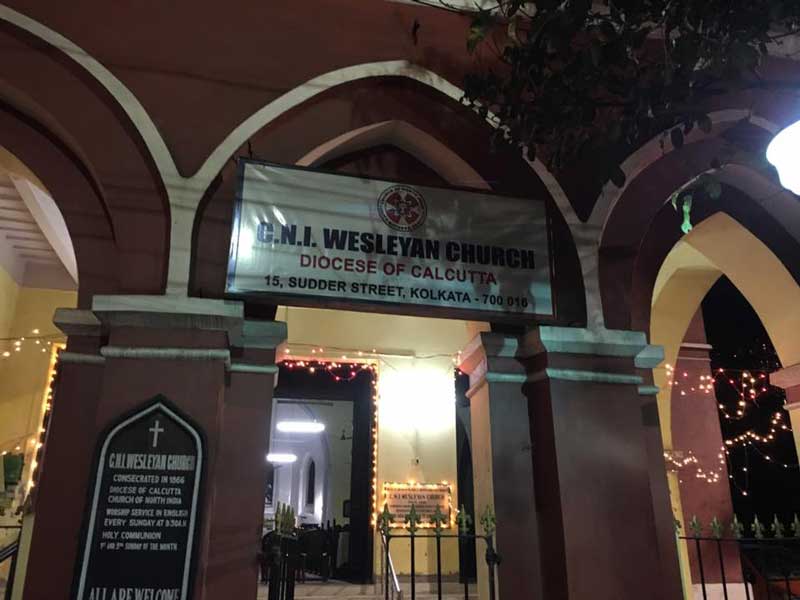

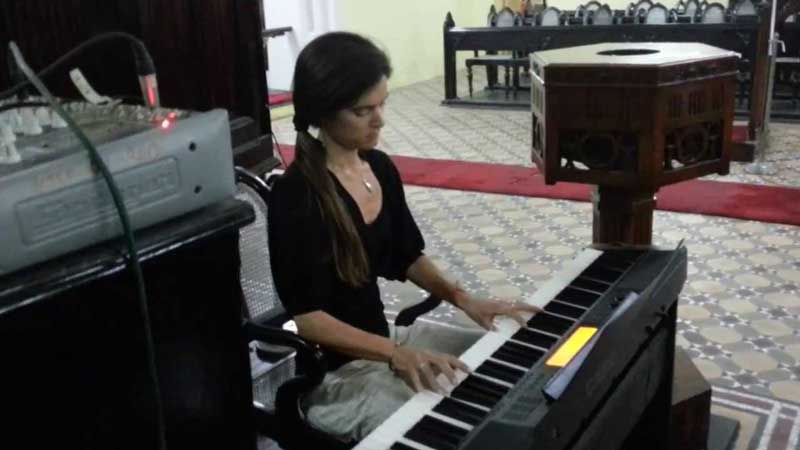
After independence of India in 1947, with the mass exodus of the British and the Anglo-Indian community, the number of worshippers becomes very thin. As a result, the church was constrained to decrease its service to only one in the morning. The Holy Communion is served on every first and third Sunday of the month. The Women’s fellowship for Christians meets every first Sunday of the month and apart from extending their service in different social activities, the members regularly visit different Old Age Homes and Children’s Homes and distribute food items and clothes to the poor souls.
In 1970 the Wesleyan Methodist Church annexed the Church of North India.
